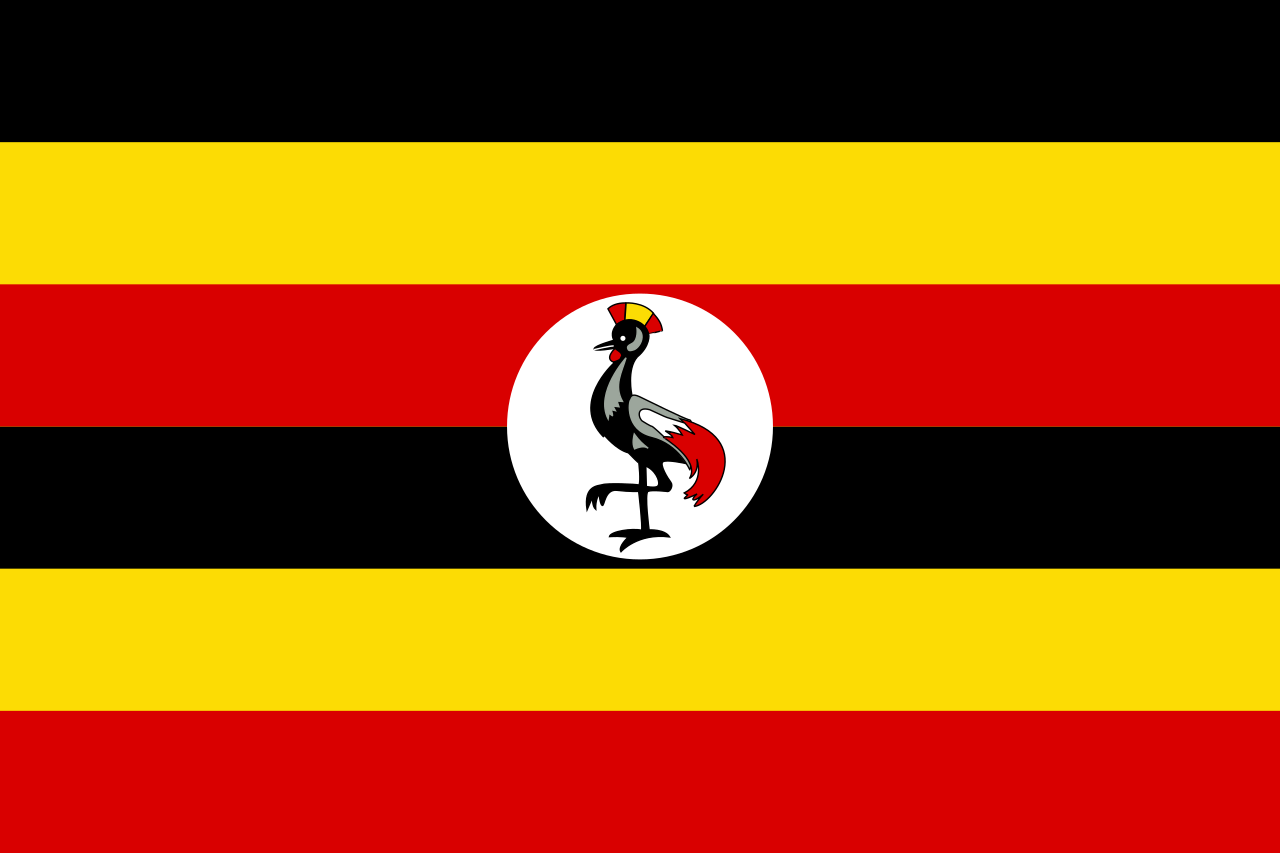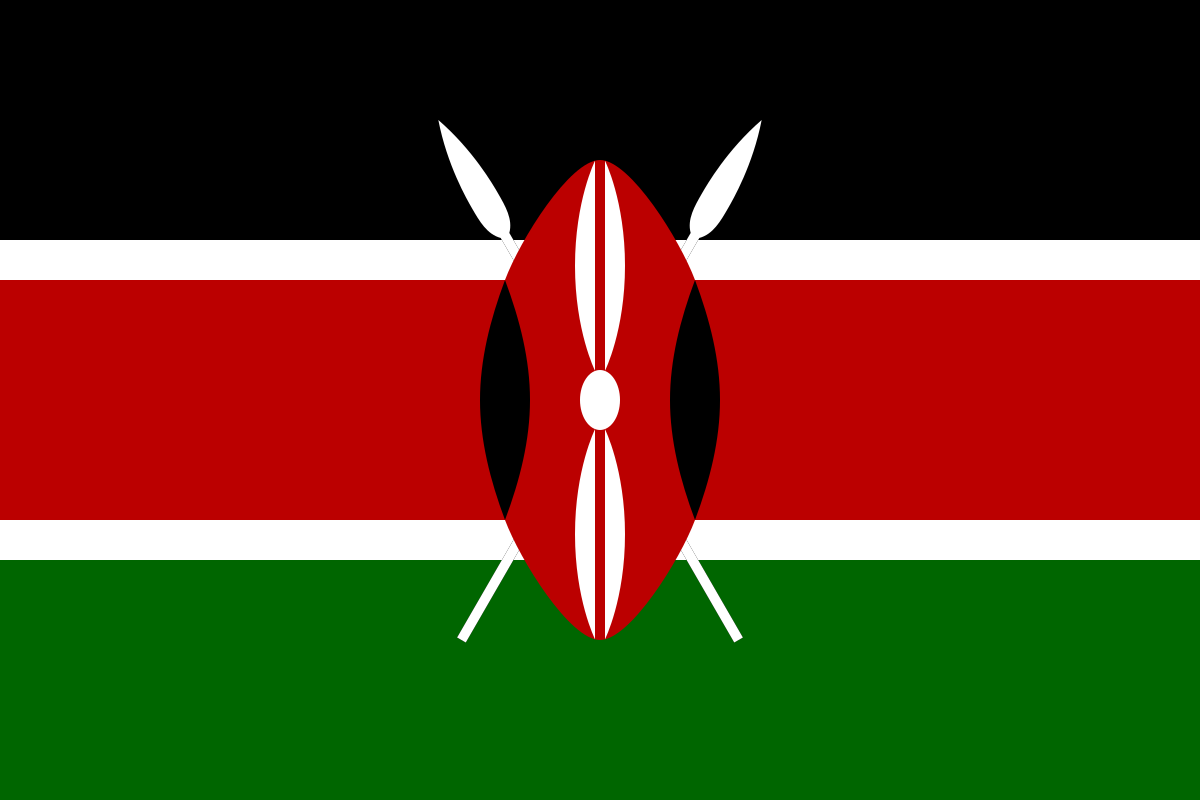Cabinet has approved $266 million (about Shs 984.2 billion) to revamp the now dormant Uganda Air Cargo Corporation (UACC) Limited, another of the Uganda People’s Defence Forces (UPDF) enterprises.
The company that specializes in cargo freight has been unable to do business for almost four years now owing to a lack of operational capital and grounding of most of its aircraft, some of which are no longer airworthy and have been condemned according to international aviation standards.
Management now says that if the $266 million funding is released, they will be in a position to revamp any revampable equipment and lease more to partake of the abundant opportunities they have missed out over the years. The wretched situation of the company, a subsidiary of the National Enterprise Corporation (holding company of the UPDF) was disclosed to MPs on the committee on defence and internal affairs during their oversight visit to the company premises over the weekend.
General manager Gen Nakibus Lakara (former UPDF chief of staff) disclosed that the decision to extend the required funding to the company was taken by cabinet in May. According to the directive, the money is supposed to be disbursed over four years in installments of $103 million, $110 million, $23 million and $3 million, starting in the next financial year.
The money is to be used to undertake “avionics upgrades, remodification and recalibration of the grounded Hercules C-100-30 aircraft (grounded in Sudan), leasing of an Airbus 320 for (troop movements), leasing of an Airbus 330-200F or an equivalent 60-ton cargo aircraft for longer range cargo freight operations to the Middle East, Asia and Europe and procurement of spares, components and other consumables.”
Once the above is done, according to Lakara, the company would be in a position to operate commercially, given the abundant opportunities available. Currently, the company only does small business with small aircraft within Uganda and immediate neghbourhoods, limiting its revenue capacity.
Lakara who was flanked by his board chairman Capt Gad Gasatura and other senior managers of the company, explained that the time spent without operation has been costly to the company in many ways, including human resource flight, loss of lucrative existing business and opportunities available.
For instance, pilots operate using certificates valid for a given number of years and time spent without flying means the costly certificate is not serving its purpose. The alternative for affected professionals is for pilots moving their services to companies that have craft to fly or UACC paying them for no work done. UACC has also lost three senior aircraft technicians.
A report on the status of the craft indicated that the “silver jewel” of the company, the Hercules C-130 registration No 5F-UCF got grounded in Sudan after ingesting a bird in one of its engines, causing extensive damage. The aircraft is the oldest in the company's fleet, having been procured by the late President Idi Amin. It still has over 3,000 flight hours once revamped, something Lakara said was a good resource.
Another Hercules C-100-30 is grounded, de-registered and awaits disposal. A Harbin Y-121V (Chinese-made), unregistered was adjudged unserviceable, deregistered and awaiting disposal. It was explained the cost of repair was not worth considering the “four years left on its airframe.”
Another Y-121V (Chinese-made), unregistered was adjudged grounded, deregistered and awaiting disposal. A plane is deregistered, according to International Civil Aviation Organisation rules if it is found un-airworthy and un-serviceable. A 5X-CF is in Jordan at the Jordan Aeronautical Systems Company (JAC) one of the few companies worldwide with the capacity to do major service.
The upgrade according to UACC managers will include fitting of traffic collision avoidance system 7-1, an 8>33MHz radio, a cockpit voice recorder, flight data recorder, automatic dependent surveillance-broadcast, an airdrop system, onboard auxiliary power unit (APU), military and Thuraya satellite communication system and cockpit night vision compatibility among other.
Gasatura and Lakara told the MPs that UACC had lost key clients including the United Nations and in particular World Food Programme, among others. It is noteworthy that Eastern and Central Africa has been having various situations of conflict and human displacement in which the UN has been widely involved with humanitarian and peacekeeping missions, which offer wide business opportunities for stable and steady air operators.
UACC lost its air operator certificate in 2014 when its long flight craft were found not to be airworthy and management says this was part of the cause of the crisis. Other challenges pointed out included the risk of litigation owing to indebtedness. The company was said to be indebted to the tune of Shs 6.686 billion due to delayed payment of statutory fees and failure to clear some of the suppliers.
The MPs expressed sympathy with the managers and promised support at the budget appropriation to ensure the company gets back on its feet. - URN/The Observer








